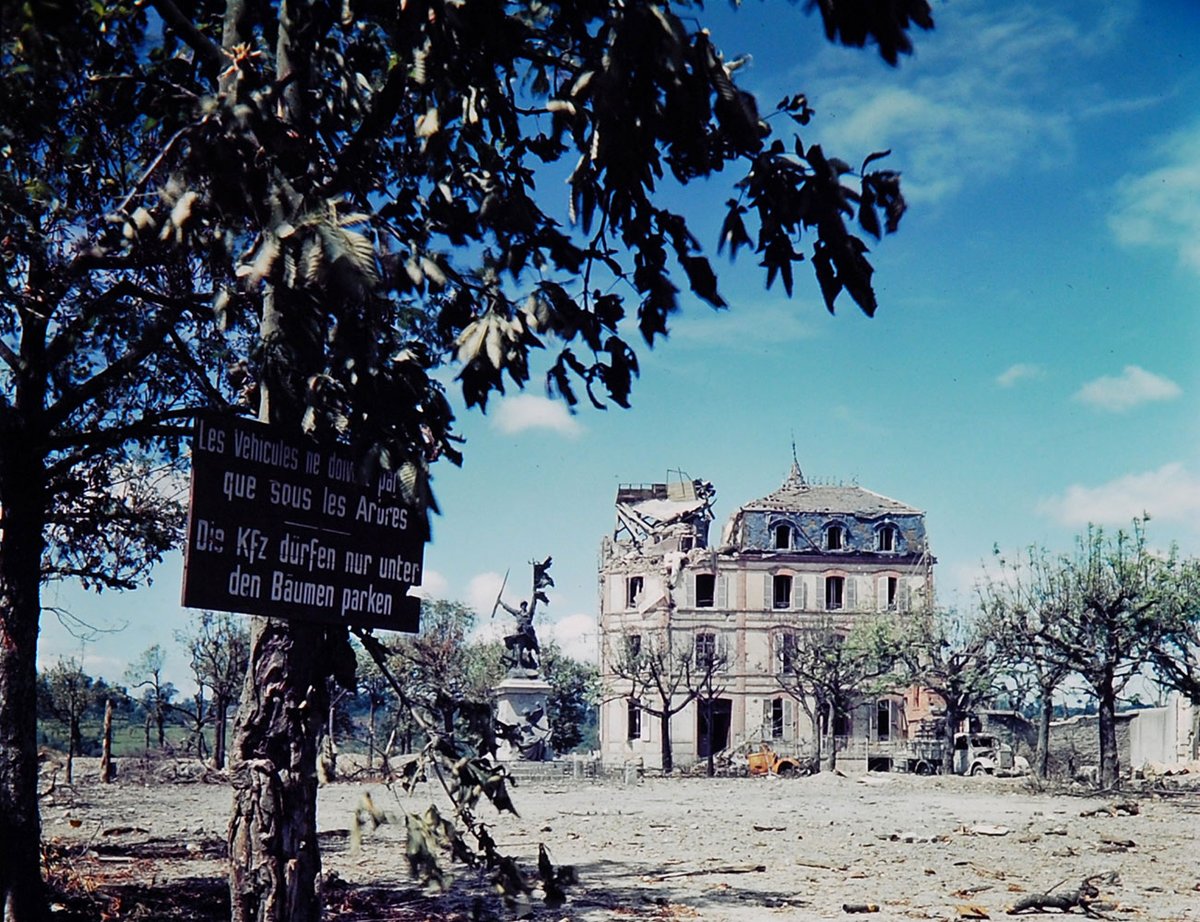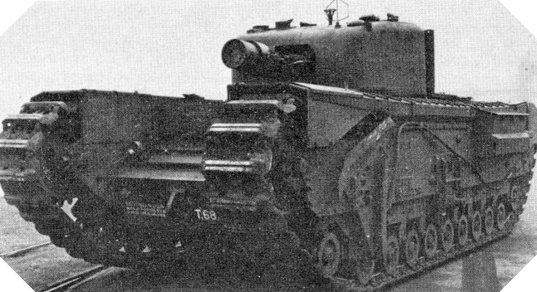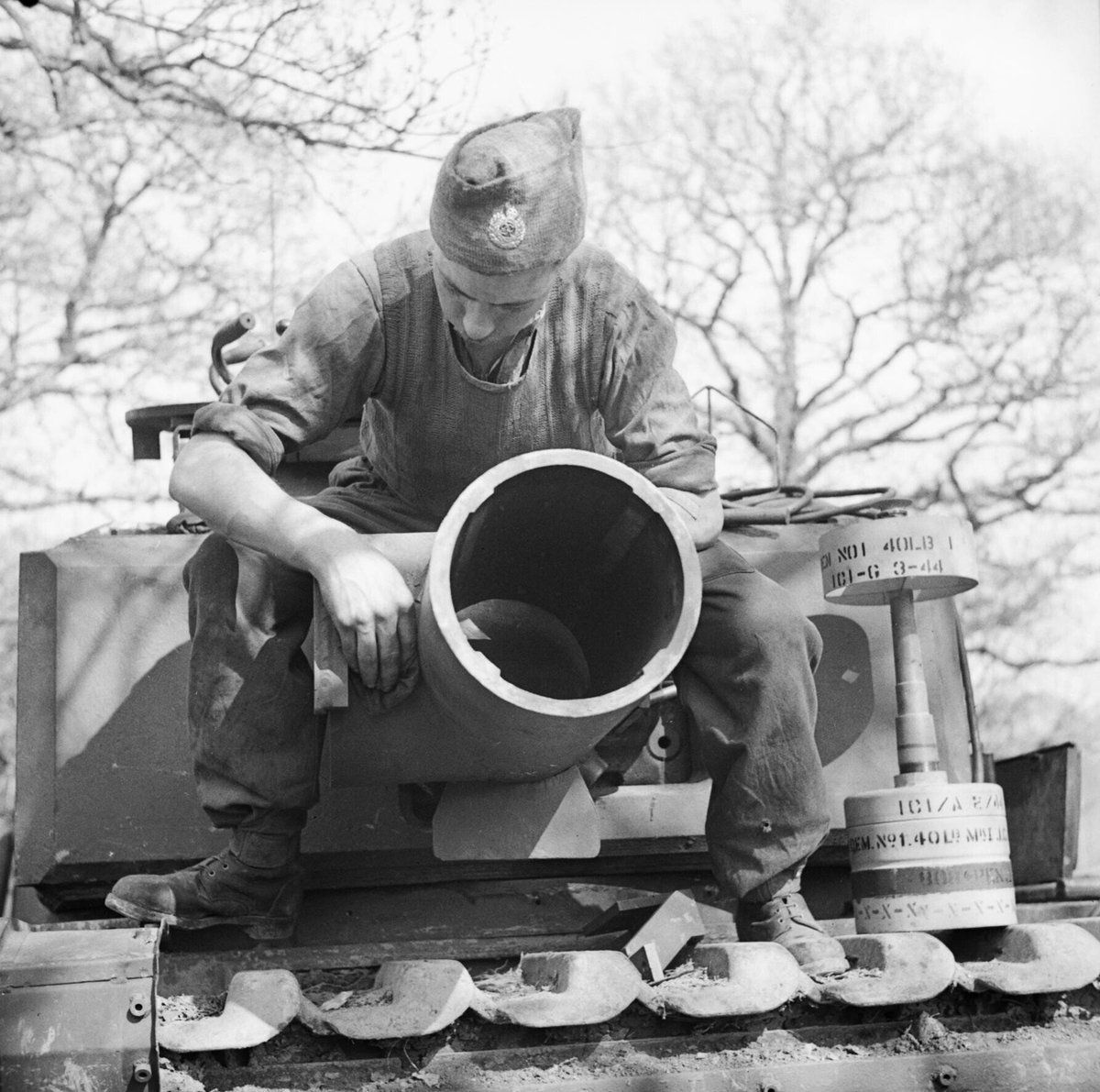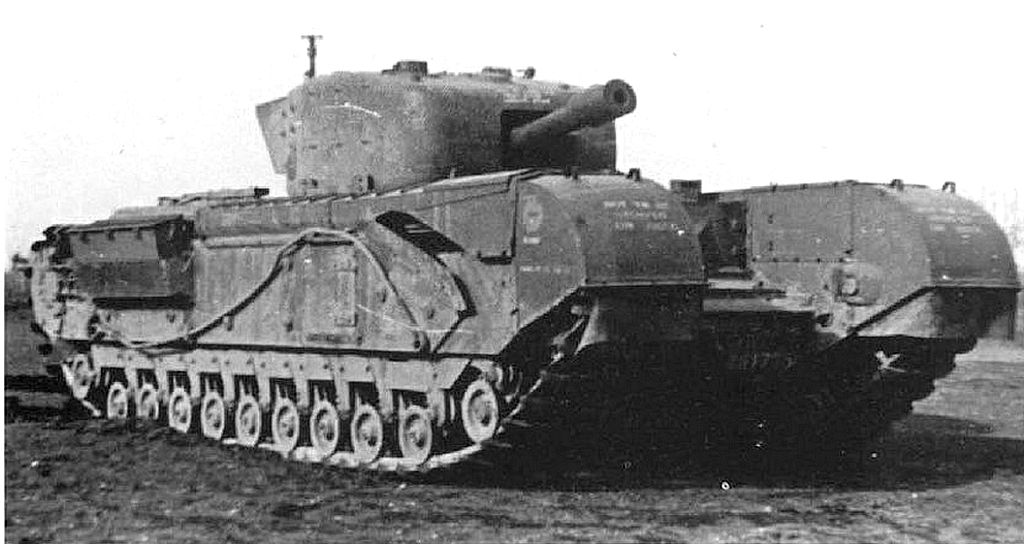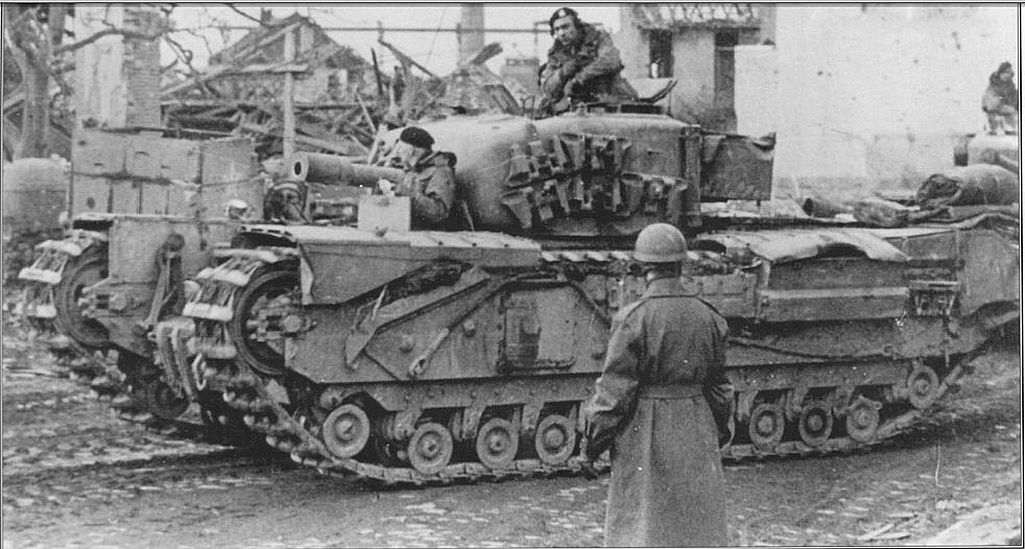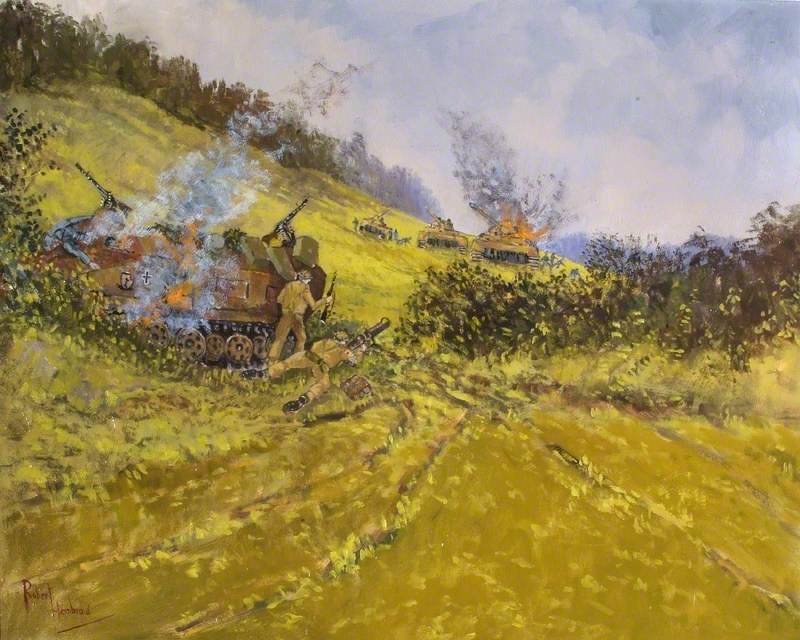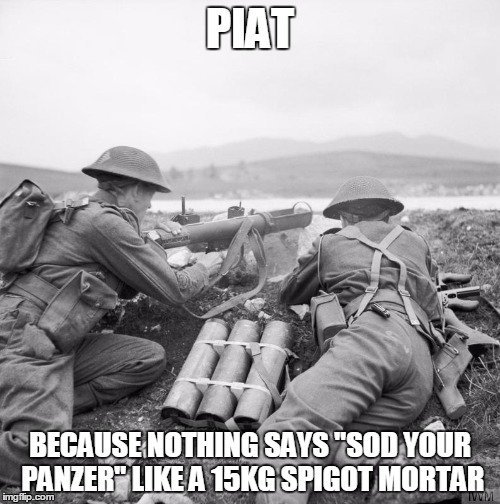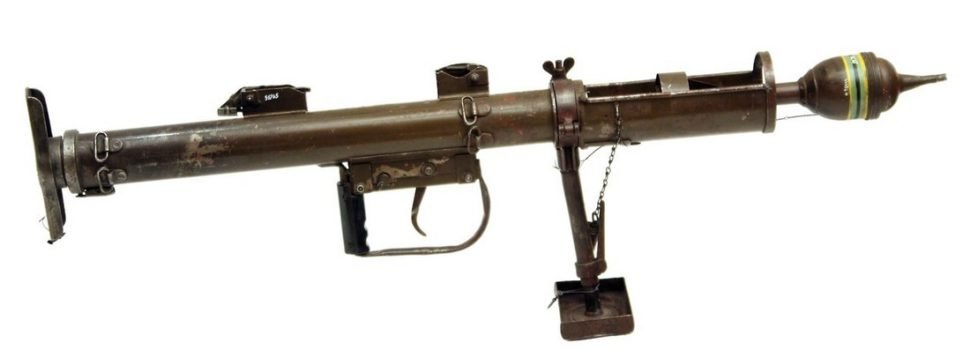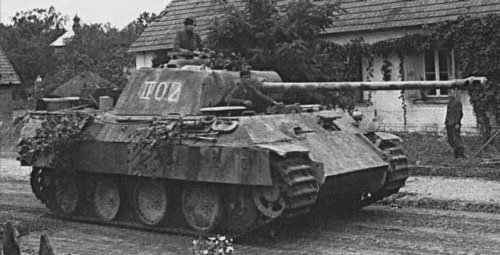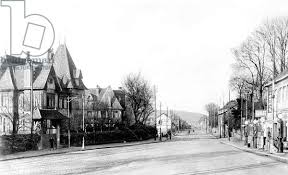So what were conditions like in Hamburg in 1945?
A thread for #HolocaustMemorialDay
53rd Welsh Division arrived in the city to find it in complete ashen ruins from the firebombing, only one building - the Atlantic Hotel - still stood. /1
#WW2 #SWW #History



A thread for #HolocaustMemorialDay
53rd Welsh Division arrived in the city to find it in complete ashen ruins from the firebombing, only one building - the Atlantic Hotel - still stood. /1
#WW2 #SWW #History
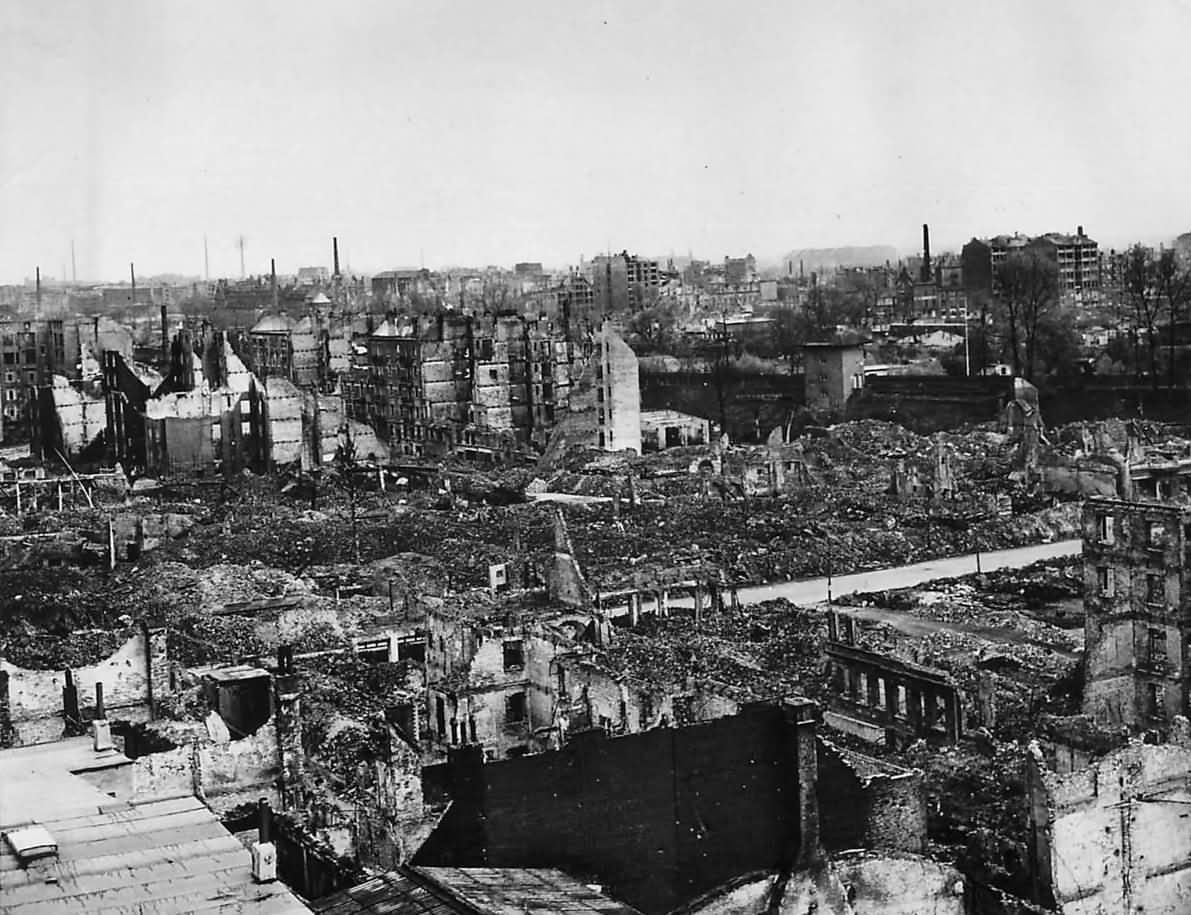


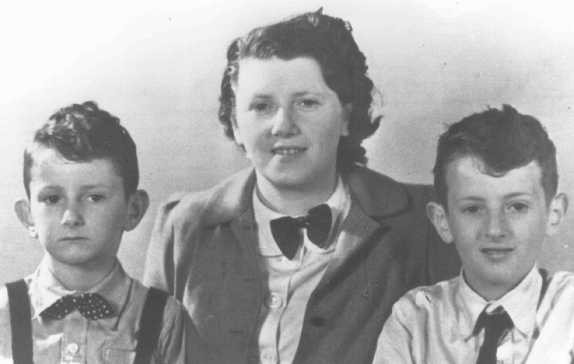
There were over 400 camps around the city, containing around 100,000 malnourished, half-starved and desperately ill slave workers drawn from across Europe: "Displaced Persons" from across Europe.
In all honesty, no liberating Allied soldier could comprehend what had happened. /2



In all honesty, no liberating Allied soldier could comprehend what had happened. /2




What they were witnessing was the grisly sinews of Nazi Germany's genocide state.Manufacturing everything from uniforms, boots, munitions, weapons, engine parts...
The essential, disposable pool of slave labour facilitating total war.
Simply worked to death & replaced. /3



The essential, disposable pool of slave labour facilitating total war.
Simply worked to death & replaced. /3




These massive camp system represented a nightmare humanitarian crisis in their own right, cramming highly concentrated malnourished victims, before one considers challenges of obliterated infrastructure & fetid living conditions.
An overwhelming catastrophe./4
An overwhelming catastrophe./4

Of course for many liberation came too late.
Eduard, Elisabeth, and Alexander Hornemann of Eindhoven.
Elisabeth died of typhus in Auschwitz.
The two boys were subject to tuberculosis experiments at Neuengamme. /5
Eduard, Elisabeth, and Alexander Hornemann of Eindhoven.
Elisabeth died of typhus in Auschwitz.
The two boys were subject to tuberculosis experiments at Neuengamme. /5
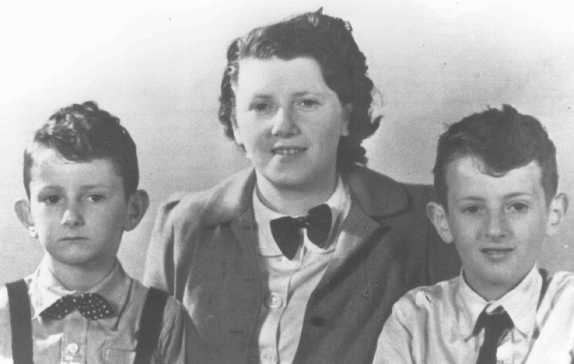
On 20 April 1945 the two brothers were put in a lorry and taken to a school in Hamburg.
Injected with morphine, fell asleep, then hung.
Alexander was 8.
Eduard was 11. /6

Injected with morphine, fell asleep, then hung.
Alexander was 8.
Eduard was 11. /6
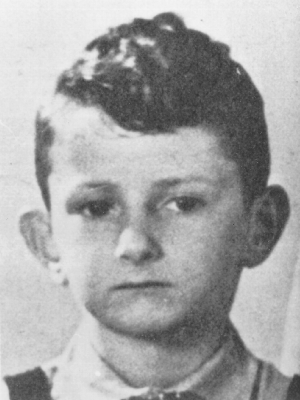

Jacqueline Morgenstern was part of the same programme.
Originally, her parents fled Romania for Marseilles to escape persecution.
They were caught.
She was murdered along with Alexander & Eduard. /7
Originally, her parents fled Romania for Marseilles to escape persecution.
They were caught.
She was murdered along with Alexander & Eduard. /7

Leading elements of the British Liberation Army were only a few miles away when these children were murdered. /8 

Major-General Robert 'Bobby' Ross and his divisional staff were dedicated to improving the fetid situation.
However, initial attempts to feed inmates with British rations proved deeply distressing as a number died.
The debate & struggle to care for inmates continued... /10


However, initial attempts to feed inmates with British rations proved deeply distressing as a number died.
The debate & struggle to care for inmates continued... /10

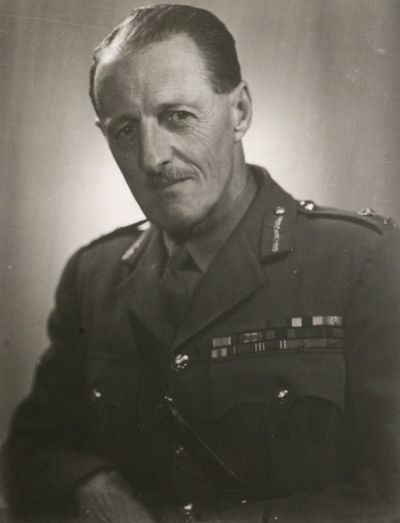

the challenge of basic hygiene had to be addressed.
Major H.J. Gilliam requisitioned tons of disinfectant powder & converted 300 vacuum cleaners into sprayers.
Initially, hundreds of non-German language newspapers were sourced and brought in, distributed en mass. /11
Major H.J. Gilliam requisitioned tons of disinfectant powder & converted 300 vacuum cleaners into sprayers.
Initially, hundreds of non-German language newspapers were sourced and brought in, distributed en mass. /11

It was a temporary measure.
Soon after, some inmates began translating & producing their own internal newspapers, thanks to commandeered printing presses.
This is just the tip of the iceberg of measures.
An edict was passed for the population of Hamburg to supply... /12
Soon after, some inmates began translating & producing their own internal newspapers, thanks to commandeered printing presses.
This is just the tip of the iceberg of measures.
An edict was passed for the population of Hamburg to supply... /12

100,000 sets of clothing
10,000 books in all European languages
2,000 packs of playing cards
2,000 indoor games
1,000 toys and dolls
1,000 footballs
100 wireless sets
100 pianos /13
10,000 books in all European languages
2,000 packs of playing cards
2,000 indoor games
1,000 toys and dolls
1,000 footballs
100 wireless sets
100 pianos /13

53rd Welsh Division sent sections of soldiers round to people's houses who'd profiteered/enjoyed the benefits of slave labour, turned a blind eye.
Upon arrival at a property, they simply confiscated what was needed & redistributed goods around camps. /14



Upon arrival at a property, they simply confiscated what was needed & redistributed goods around camps. /14


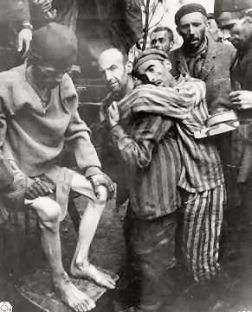

Initially the camps were found to be almost silent.
Pianos were left in prominent locations for inmates to play.
At first they sat silent & forlorn, but after a few weak pressings of keys... as days and weeks progressed, the sound of music began to emerge. /15

Pianos were left in prominent locations for inmates to play.
At first they sat silent & forlorn, but after a few weak pressings of keys... as days and weeks progressed, the sound of music began to emerge. /15


Hamburg's finest string orchestra was ordered to tour all the DP camps, as did 53rd Division's regimental bands, as medical staff remained overwhelmed by the scale of the crisis.
Later, on one remarkable day, Major George Gooch found himself astounded when a deputation... /16

Later, on one remarkable day, Major George Gooch found himself astounded when a deputation... /16


of former inmates presented him with 10,000 marks (around £250 in 1945) a gigantic sum raised by those once treated as disposable slaves. The money was eventually given to the British Red Cross with thanks saying,
"You have uplifted us and improved our conditions of life... /17
"You have uplifted us and improved our conditions of life... /17

so much, we want to do something to show our appreciation."
It is remarkable that those who had lost so, so much still saw the need to give in gratitude. /thread
It is remarkable that those who had lost so, so much still saw the need to give in gratitude. /thread

• • •
Missing some Tweet in this thread? You can try to
force a refresh













